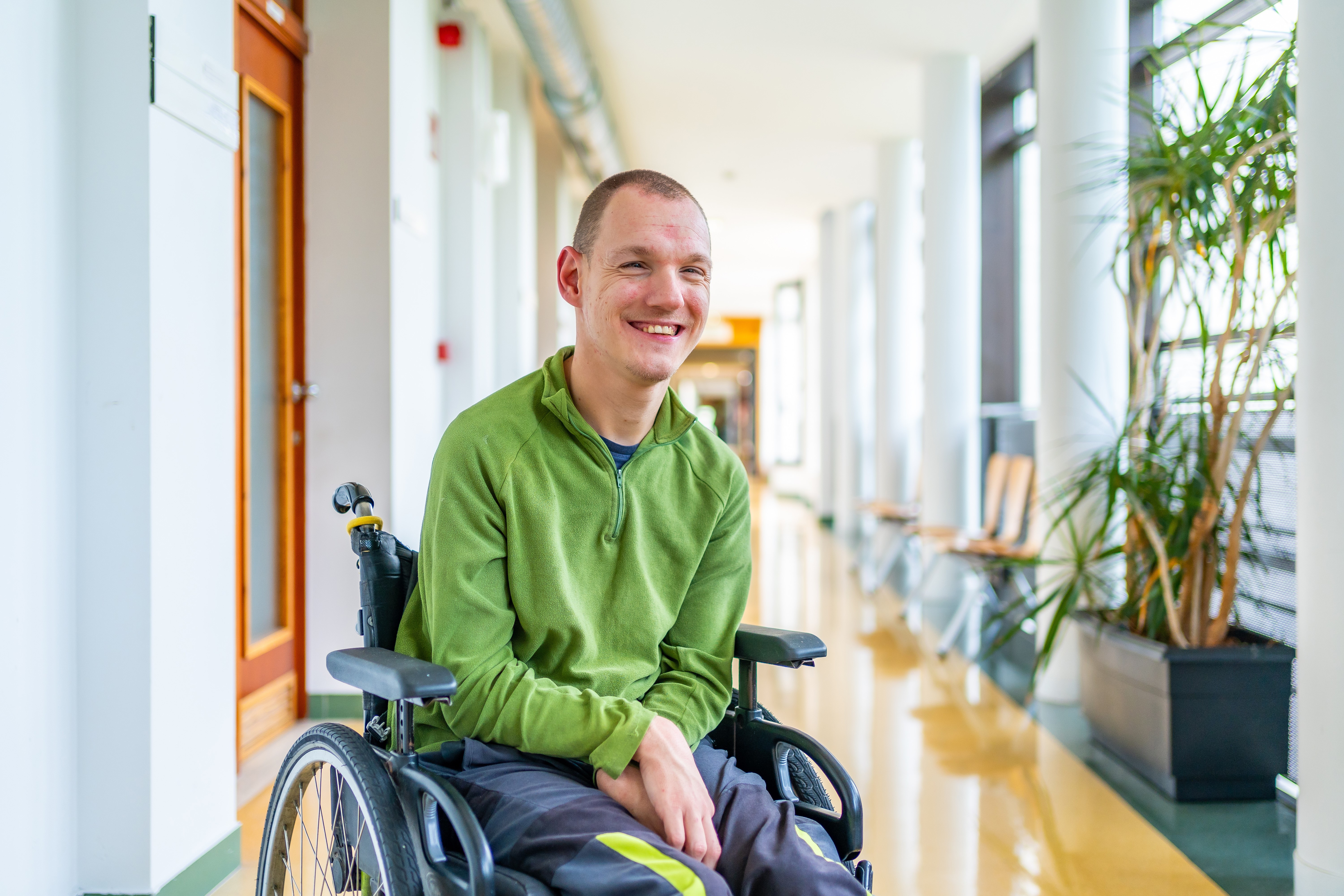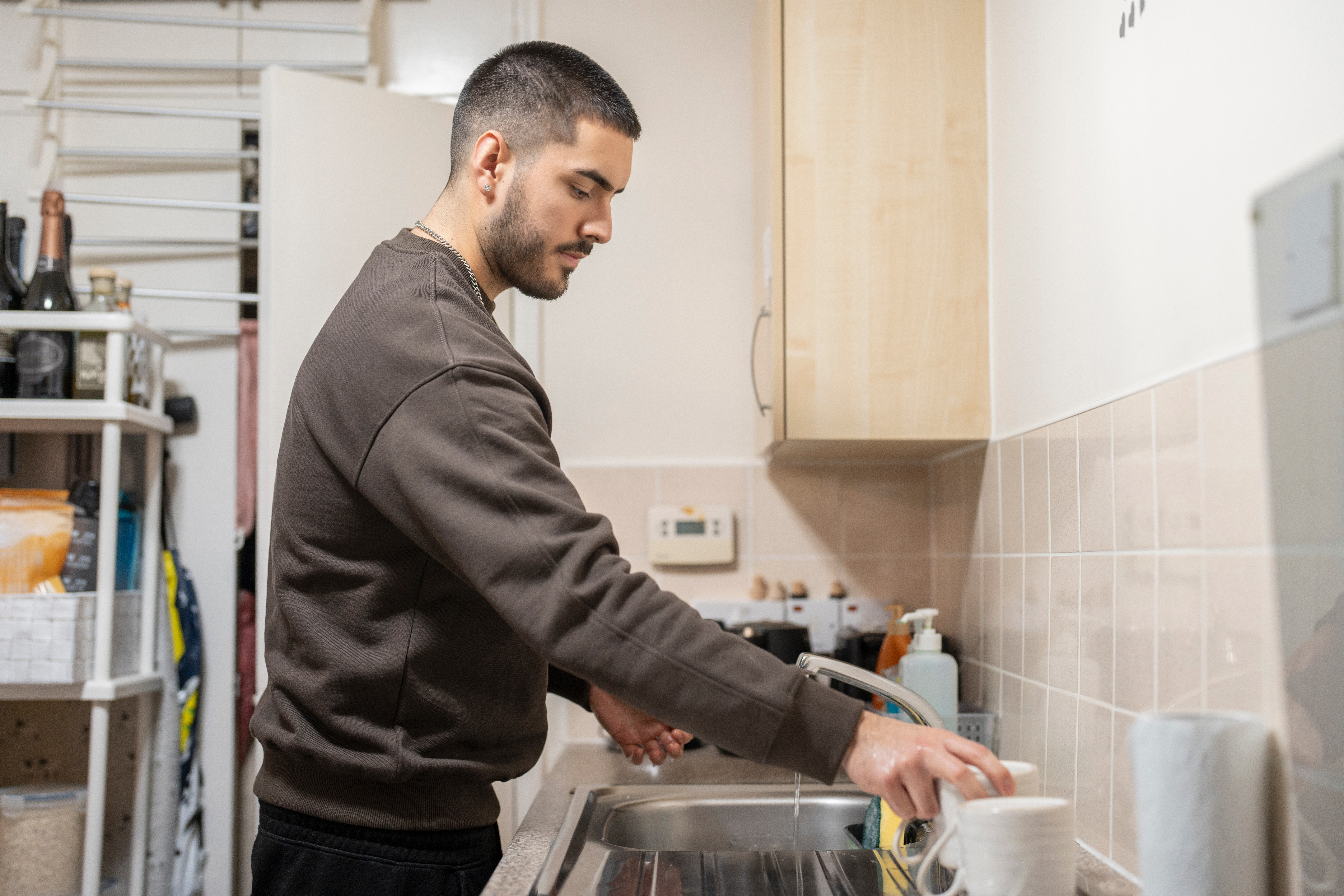
Why do you need to read this?
Because we want to let you know what we’re doing following our local area SEND inspection – it’s important to all of us and together we can make even more of a difference
What’s a local area SEND inspection
A local area inspection isn’t just about the council, it’s about each partner’s role in working together.
A SEND local area inspection is a review of how well Education, Health, and Social Care services in a local area meet the needs of children and young people with Special Educational Needs and Disabilities (SEND). The inspectors are from Ofsted (Education and Social Care) and the
Care Quality Commission (CQC) (Health).
They heard from parents, carers, children and young people as well as Education, NHS – Health / Locala, C + K Careers, Voluntary and Third sector such as PCAN (Parents of Children with Additional
Needs), Children’s Services including Social Care and other council services such as Adult Social Care. They also looked into areas in detail for themselves.
How is this different to the first ‘SEND Big Plan’ and ‘SEND Big Plan part 2– what’s next’?
Each of these ‘Big Plans’ are written in a way that they can be read on their own but connect to the
others. Our first Big Plan set out what we were doing over five years. The Big Plan Part 2 - what
we’re doing next, shared more detail about 2025. Our young people, parent carer forum (PCAN)
and partners helped us create each of the Big Plans together.
In this, the Big Plan Part 3, we share key information about our recent Local Area SEND inspection and what we’re doing over the next year. The inspection told us what we were doing well and what else is needed and where we can improve as a partnership.
This adds to the other Big Plans and doesn’t mean we’re not doing the things that our other plans have detailed.

Who is this for?
This is important for everyone, but mainly young people and those who live or work with children
and young people who have Special Educational Needs and Disabilities (SEND) from birth to 25 years old.
Why you?
Because you have the power to make a difference every day. We see so many great examples of that
happening, and we know we can connect better.
How are we approaching the work?
We’ll be working with all the organisations in our partnership mentioned above. We’ve also heard what our young people, parents and carers have said – ‘don’t keep asking the same questions when we’ve already told you’, so we’ll use what we’ve been told to shape what we do and how we do it.
We’ll also continue to listen to the voices of our young people and work closely with PCAN. We’ll look for opportunities to engage parents, carers and voluntary organisations as we go forward by connecting at key times on specific subjects.
You can see some examples in the roadmaps below, including the new youth forum that will meet in autumn 2025 as well as spring and summer in 2026. We will make sure that we are open about progress and challenges and share updates on the local offer so people can see what’s happening.
We’re looking to make sure our children, young people and their families have a consistently positive experience. That means the right things happening at the right times and the actions and milestones in our plans will help with that.

What did the inspection tell us
The inspection told us that we are inconsistent in how we deliver our SEND provision. They identified a lot of good work happening across the SEND transformation programme and 4 areas that we need to focus on. The full report can be found on the Ofsted website – inspection report on the Ofsted website (opens link in new window).
What did the inspection team tell us we are doing well
They told us that:-
- Our leaders are highly ambitious for children and young people with SEND.
- We work well to create things together including with our Parent and Carer Forum, PCAN.
- We ‘knew ourselves’ – our areas of strength and where we needed to improve further.
- They saw passion and dedication in Kirklees with people who work together to strive and make a difference for and with children and young people and their families.
They were very positive about many things including our Big Plan and cluster working. They said we put children at the heart of what we’re doing and decision making - we listen to children and young people’s voices and that means that children and young people shape local developments that affect them for example, our student’s getting involved in the design of the rebuilding of their schools.
We also know there’s lots more to do and we’re extremely ambitious for every child and family in Kirklees.
What did the inspection tell us we needed to focus on
The local area SEND inspectors raised 4 areas of focus:–
- Preparing for Adulthood (PfA);
- Waiting times for some Health services (therapeutic services, Mental Health Services and access to wheelchair services);
- Education Health and Care Plans; and
- Communication
When we say therapeutic services, we mean:-
- Speech and language therapy – helping with everyday talking, communication and understanding;
- Occupational therapy – helping with everyday skills like dressing, writing or using tools;
- Physiotherapy – helping with movement, strength and co-ordination.
The wording in the report can be found here – Kirklees Area SEND Inspection - Ofsted (opens link in new window)
We’ve listened to what you’ve told us before and what the report means to us is:-
- Leaders across the partnership should improve how effectively children and young people are prepared for adulthood by ensuring that:
• We make a clear, joint, big plan about preparing for adulthood in a way that everyone knows how well things are going.
• People who work in Education, Health (NHS including GPs / Locala) and social care, work together better and at an earlier age to help prepare the child or young people and their families for adulthood
• Annual reviews of EHCPs show how children and young people will achieve their goals and be supported to fully take part in adult life.
• There are enough choices for learning, jobs, and training after age 16, so children and young people with SEND can follow their dreams and interests.
- The partnership should work quickly to improve its plans to reduce waiting times and then make it happen. The waiting times to focus on are therapeutic services (please see above); Child and Adolescent Mental Health Services (CAMHS) and access to wheelchair services.
- The partnership should continue to improve how EHCPs are written, reviewed and updated
and the difference it makes to the lives of children and young people.
• This means getting clear information from children, their families, professionals in education, health and social care at the time its needed so that families get joined up support that works.
- The local area should improve communication across the partnership, including making sure that:
• Information is shared with parents and carers about help that fits their needs – whether that’s things available for everyone or where extra help is needed; how long wait times for services are; and where they can get support while waiting.
• Information is shared with partners that need to know about timescales, and decisions about young people’s assessments and support that’s needed.











